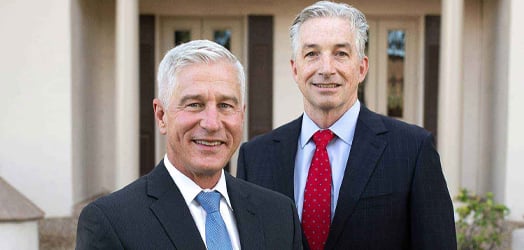What’s a woman to think?
Breast cancer is certainly a topic that commands the close attention of many women across the country. Given the seriousness of the subject matter, it is unquestioned that seekers of updated and accurate information regarding this medical topic are comforted by recommendations that are authoritative and consistent in their delivery.
There’s not a lot of comfort on display these days.
Consider this: The American College of Obstetricians and Gynecologists recommends that women in Arizona and across the United States begin receiving regular (in many cases, that means annual) mammograms once they turn 40.
That’s good to know, right? However, that advice is not endorsed by the American Cancer Society (ASC), which suggests a starting age of 45 for mammogram recipients.
And if that isn’t sufficient to confuse many millions of American women, the recommendation of the U.S. Preventive Services Task Force will certainly get the phones ringing in doctors’ offices across the country: That organization tells women to hold off on mammograms in most cases until they turn 50.
What gives?
Well, obviously, a clear lack of consensus. The inability of medical authorities to come to clear agreement on a breast cancer screening protocol is just as clearly mirrored, though, by a widespread view that being too proactive too early about screening can bring more detriment than benefits.
For starters, says a principal with the ACS, “The chance that you’re going to find a cancer and save a life is actually very small.”
And many doctors looking for that cancer make mistakes in identification, which results in false assumptions that send many women to surgical centers for unnecessary, painful and sometimes permanently harmful procedures.
Given all the conflicting and changing information, what should a woman reasonably concerned about breast cancer do?
Many commentators say that there is no absolute guideline relevant to every case. The ACS notes that, while recommendations can be broadly applicable to high numbers of women, some females with problematic family histories, a genetic predisposition to breast cancer or concerns that they simply view as reasonable should feel free to consult with a doctor at any time.


